What Are the Symptoms, Causes, and Treatment of Situational Depression? Guide to Understanding Reactive Depression
Everyone goes through a period of sadness now and then, something that's natural to human emotions. However, situational depression is a serious condition that can profoundly impact each part of a person's life without proper treatment.


Back
9 mins read
Depression is a complex mental health condition that affects millions of individuals worldwide. While most people are familiar with clinical depression, there is another form of depression known as situational depression, which is triggered by specific life events or situations.
Situational depression can be just as debilitating as clinical depression, and understanding its causes, symptoms, and coping strategies is crucial for those affected and their loved ones.
In this comprehensive guide, we will delve into the intricacies of situational depression, providing valuable insights and practical tips for managing this condition effectively.
The Basics of Depression
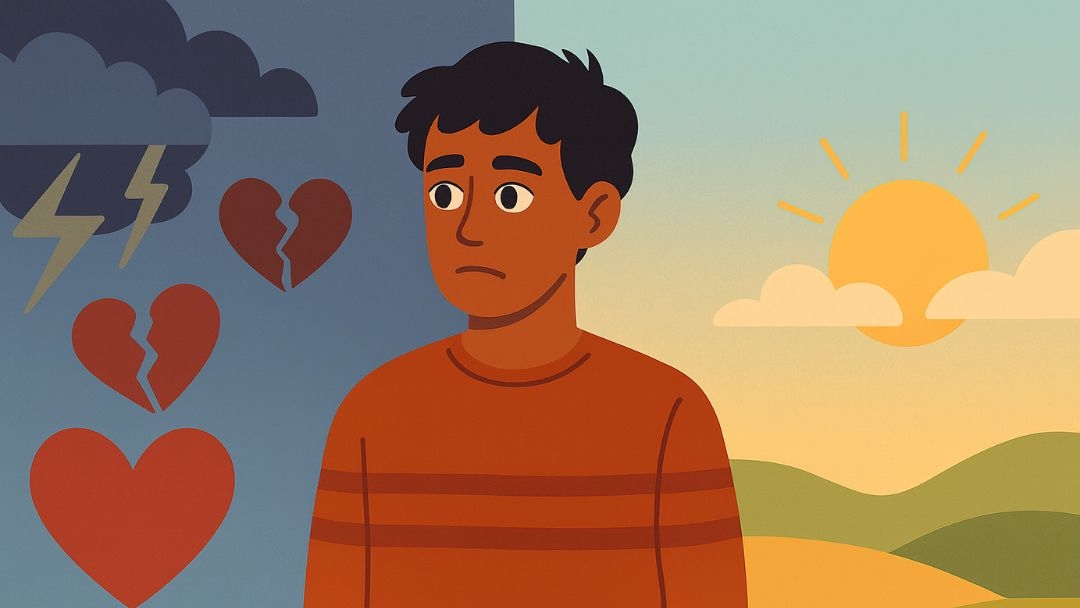
Depression is a mood disorder characterized by persistent sadness, hopelessness, worthlessness, and irritability. It is relatively common and affects people of all genders, ages, and backgrounds.
According to World Health Organization (WHO), about 280 million people globally are living with depression. The prevalence rate is estimated to be 3.8% of the world population, with 5% among adults (4% for men and 6% for women) and 5.7% among adults who are over 60 years old. Worldwide, more than 700,000 people die from suicide each year, making it the fourth leading cause of death in people between 15 and 29 years old.
Major depressive disorder can present itself in many different ways. It can go beyond simply feeling "blue" or constant sadness. This is because it is a mood disorder typically comprised of physical and psychological symptoms, such as changes in sleep patterns, concentration, appetite, and energy levels.
It is important to note that everyone experiences depression differently, and the symptoms can be ongoing or come and go. It is also important to realize that feeling down is a normal part of life. Everyone experiences difficult times, and sadness or grief is okay after upsetting events. But if you're feeling down or hopeless regularly, you may have depression, and seeking help is essential.
If you're in crisis or thinking about hurting yourself, contact a certified professional at the National Suicide Prevention and Crisis Lifeline by dialing or texting 988, or you can chat with someone on their website.
Now that we've gone over the basics, let's go back and look at situational depression specifically.
What Is Situational Depression?
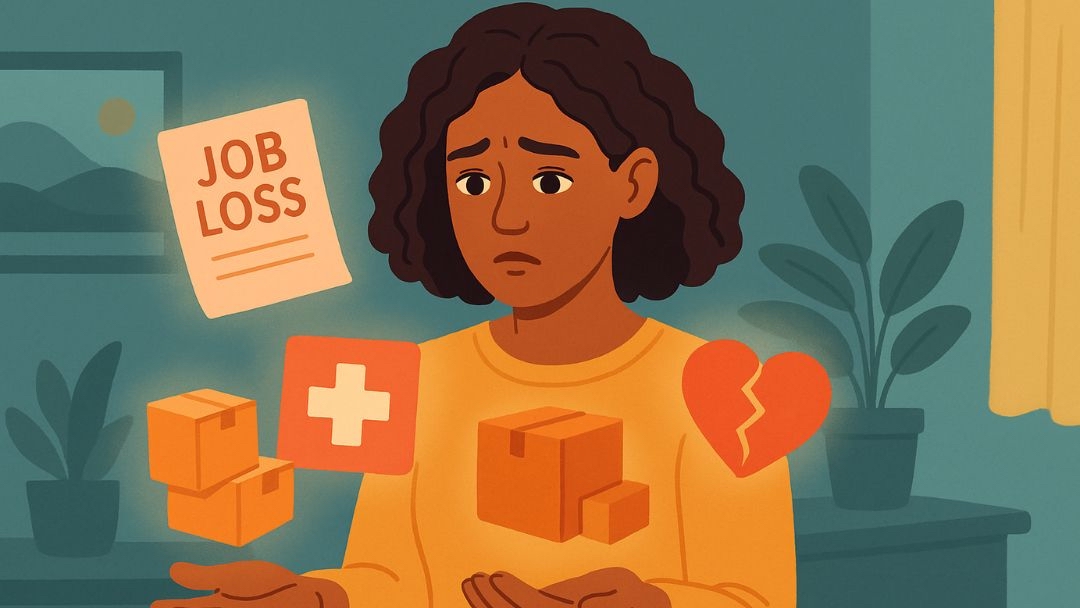
Situational depression is a short-term subtype of depression. It is not a formally classified clinical disorder but rather an informal term used to describe a form of depression that involves stress-related symptoms.
It can develop in response to a traumatic event, sudden stress, or major life change. Triggers can include events like illness, the death of a loved one, divorce, relationship problems, or job loss. It is usually of a milder and shorter duration than traditional depression.
People working in stressful or toxic work environments are prone to developing burnout syndrome and depression in reaction to the unhealthy work environment. Caregiver fatigue and the depressive symptoms that often come with it can also progress to a form of reactive depression because it is connected to a situation.
However, it is important to note that in both of these types of burnout, if the situation is not managed, a person’s mental health can deteriorate so much that a more severe clinical depression develops.
Situational depression is often diagnosed as a reactive depression or adjustment disorder with a depressed mood. Though adjustment disorders display mood-related symptoms, it is classified as trauma or stressor-related disorder by the Diagnostic and Statistical Manual of Mental Disorders (DSM-5).
Recognizing Situational Depression Symptoms
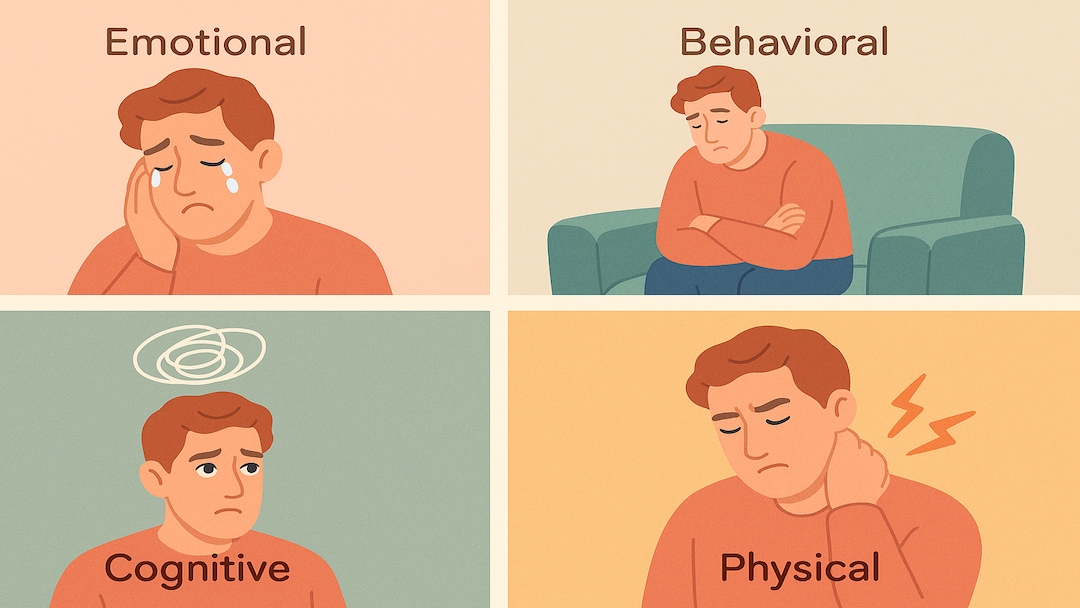
Identifying the symptoms of situational depression is crucial for early intervention and effective management. But remember, the symptoms will vary from person to person because they magnify the intensity of stressful life events.
The following categories encompass the most common depressive symptoms to watch out for.
1. Emotional Symptoms
Emotional symptoms of situational depression may include:
- Persistent feelings of sadness
- Hopelessness
- Irritability or anger
- Emotional numbness
- Tearfulness; frequent bouts of crying
- Thoughts of suicide
Individuals may also experience a loss of interest in activities they once enjoyed.
2. Behavioral Symptoms
Changes in behavior can be indicators of situational depression. Individuals may exhibit the following symptoms:
- Withdrawal from social activities
- Changes in sleeping patterns
- Decreased energy levels
- Alterations in appetite and weight
3. Cognitive Symptoms
Some of the cognitive symptoms when experiencing situational depression may involve:
- Difficulties with concentration
- Memory problems
- Negative thoughts
- Excessive self-criticism
- Sense of worthlessness
4. Physical Symptoms
Situational depression can also manifest physically through various symptoms, such as:
- Headaches
- Fatigue
- Muscle tension
- General aches and pains.
Causes of Situational Depression
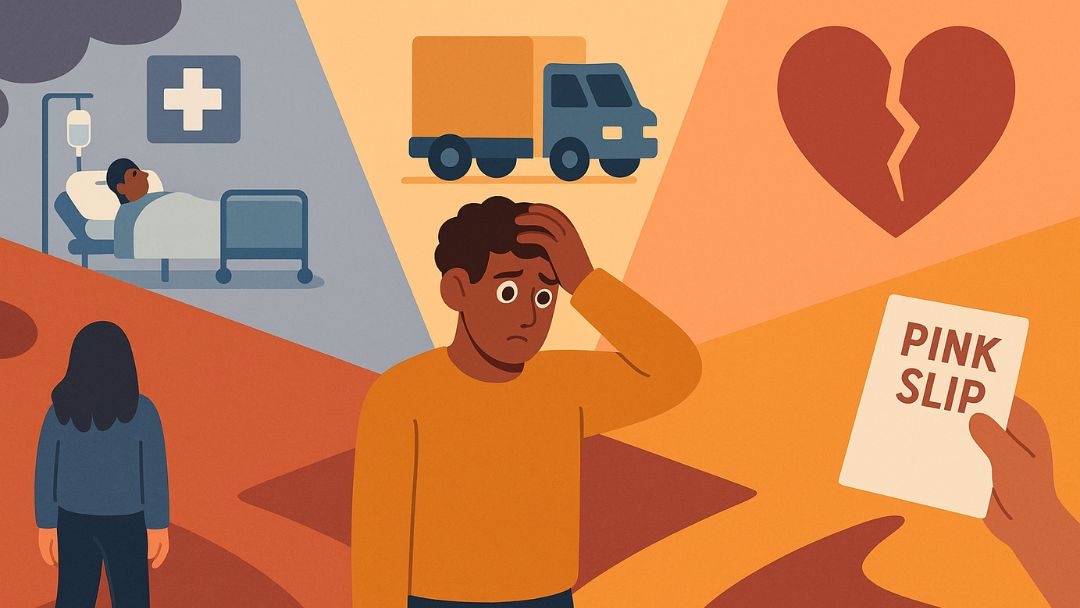
Stressful events and major life changes, both positive and negative, trigger situational depression.
For instance:
- Major life changes and transitions, such as moving, starting a new job, or retiring, can be significant stressors contributing to situational depression. The adjustment period during these transitions can lead to feelings of uncertainty, loss, and isolation.
- Losing a loved one, a cherished relationship, or a job can trigger situational depression. The grieving process involves a wide range of emotions. If the individual struggles to cope with the loss, it can lead to prolonged depression.
- Financial difficulties and unemployment can profoundly impact mental health. The stress and worry associated with financial instability or job loss can contribute to situational depression.
- Difficulties within relationships, including marital problems or divorce, can evoke feelings of sadness, anger, and hopelessness, leading to situational depression. The breakdown of a significant relationship can disrupt an individual's sense of identity and security.
- Experiencing or witnessing a traumatic event can trigger situational depression, mainly if the individual develops post-traumatic stress disorder (PTSD). Trauma can result from incidents such as accidents, stressful childhood, natural disasters, physical or sexual assault, or military combat.
- Living with a chronic illness or enduring physical health challenges can significantly impact mental well-being. Coping with a chronic condition's physical limitations, pain, and uncertainty can lead to situational depression.
Biological factors can also affect how you cope with stress.
The most common biological triggers of situational depression include:
- Abnormalities in brain structure and chemistry
- Hormonal abnormalities
- Genetic changes
Other risk factors of situational depression are if you have existing mental health problems or a relative with a history of situational depression.
Clinical Depression vs. Situational Depression
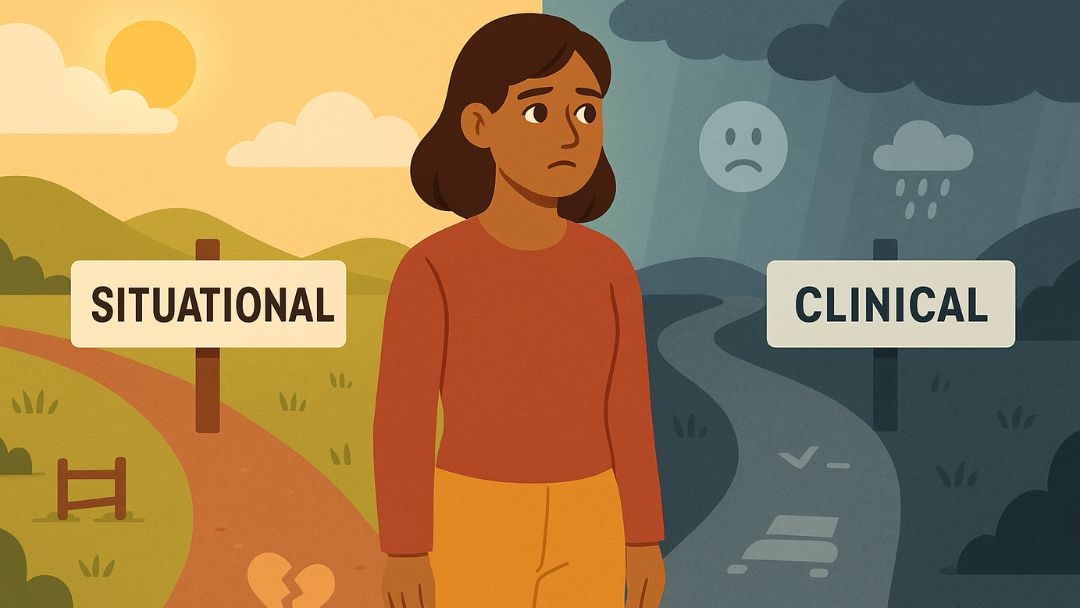
Situational depression differs from clinical depression, also known as major depression or a major depressive disorder, in a few crucial ways. Whereas situational depression is closely tied to external factors, clinical depression may result from a more complicated chemical or neurological imbalance.
However, other factors may predispose a person to clinical depression; these may include:
- Genetic factors, which may influence a person's response to stress or an event
- Drug dependence or alcohol abuse can also contribute to clinical depression
- Major life changes or transitions can trigger negative emotions, such as disappointment, frustration, or anger can linger and contribute to clinical depression.
Clinical depression is a chronic condition severe enough to disrupt daily functioning. DSM-5 classifies it as a mood disorder. It is characterized by persistent symptoms of sadness or a depressed mood, hopelessness, and low motivation nearly every day over two weeks.
Clinical depression can also be associated with symptoms such as:
- changes in sleep patterns, including sleeping too much or not enough
- feelings of guilt or worthlessness
- fatigue or low energy levels
- restlessness or slowed movements
- appetite or body weight changes
- suicidal or death thoughts, or a suicide attempt
- challenges in concentrating or making decisions
- a loss of interest in hobbies or activities
- pain, headaches, and digestive issues that have no physical cause and do not improve with treatment
- psychotic disturbances such as delusions and hallucinations
These symptoms may become chronic, with episodes likely to recur throughout the lifespan. Major depressive disorder can occur even if someone hasn't experienced a specific or identifiable life stressor.
In contrast, situational depression is a milder and shorter-lived form of depression that tends to improve as the individual adapts to or resolves the triggering situation. Its symptoms arise within three months of a stress-inducing event but can gradually dissipate as the individual learns to cope.
Diagnosing Situational Depression: When to Seek Help?
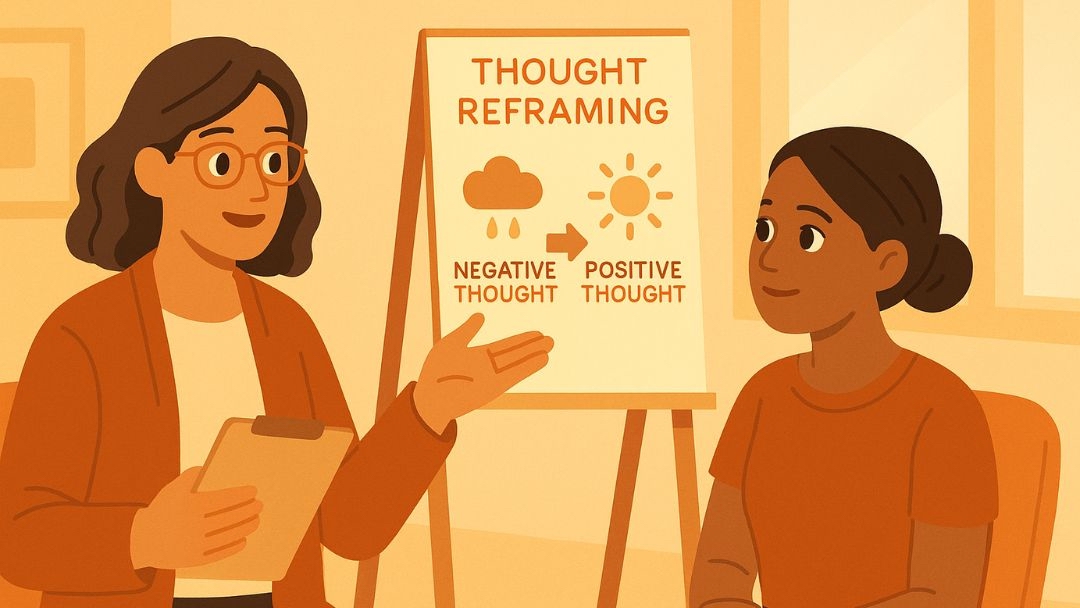
It is essential to distinguish situational depression from other mental health disorders and determine the need for professional intervention. If you're experiencing some of the symptoms we've discussed following a stressful event or series of events, consider speaking to a mental health practitioner.
According to the new edition of the Diagnostic and Statistical Manual of Mental Disorders, a doctor will likely diagnose situational depression if:
- You experience emotional or behavioral symptoms within three months of stressful events
- The symptoms are severe enough beyond what's considered normal and interfere with your daily functioning, work or school performance, or interpersonal relationships.
- Your distress is not a result of another mental health disorder, including post-traumatic stress disorder.
Situational Depression Treatment
If you suspect you have situational depression disorder, you should see a physician or mental health professional. They can help evaluate the severity of your condition and provide an active treatment plan to help you cope.
Depending upon the severity of your symptoms, treatment may include situational depression medications, such as:
- Sertraline (Zoloft) and citalopram (Celexa), which are selective serotonin uptake inhibitors (SSRIs)
- Bupropion, a dopamine reuptake blocker, helps improve the symptoms of depression.
Other interventions may include supportive psychotherapy and cognitive-behavioral therapy (CBT), which is an effective treatment for reactive depression. CBT aims to identify and address thinking patterns contributing to depression and replace them with more positive and realistic ones. It also teaches tools to help individuals cope with stress and depression better.
Additionally, mindfulness-based therapies can also help reduce symptoms of situational depression.
How to Handle Stressors in the Future
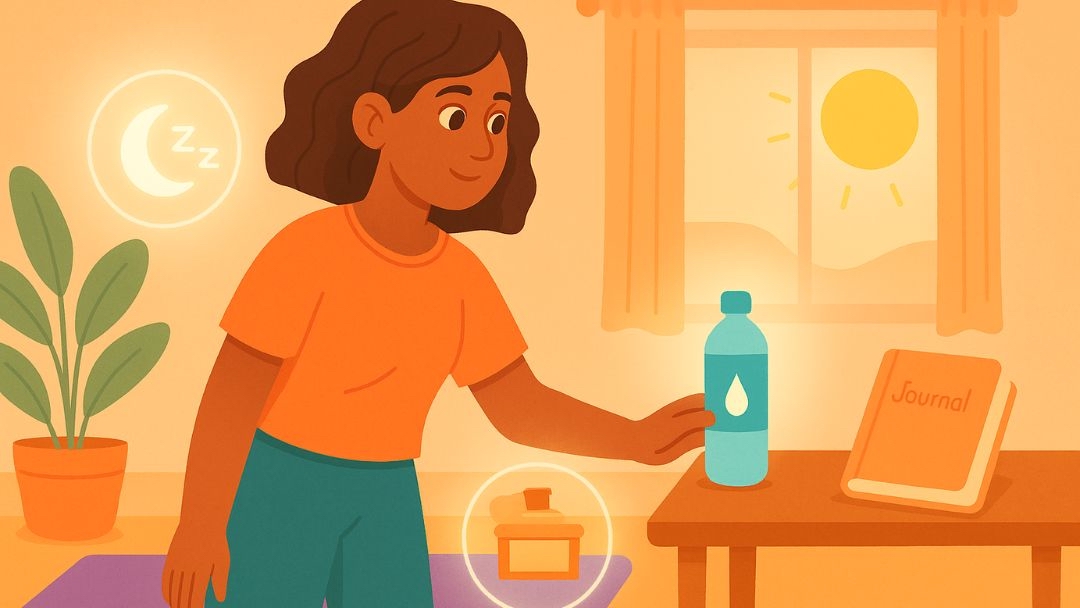
Besides treatment, managing situational depression involves a multi-faceted approach that combines self-care strategies, professional support, stress management, and healthy coping mechanisms.
The following coping strategies can help individuals navigate through this challenge in the future.
Address the Underlying Stressors Causing Depression
Perhaps you know the external stressor causing your depression, such as a job change or the death of a family member. If so, going a bit deeper to understand the underlying cause can help you identify the associated emotions and develop healthy coping abilities for dealing with triggers in the future. For instance, you may not know how to process that your parents are no longer together. Understanding and expressing those feelings can help you work through them safely and healthily.
Cultivate a Strong Support System
Proactive prevention is often the best defense against depression. Building a strong social support system can help you manage any stressors that come your way, as well as offer emotional support when needed. This may involve confiding in trusted friends or family members, attending mental health support groups, or seeing a therapist if you need additional help.
Practice Self-Care
Good self-care is essential for managing stress and avoiding depression. Consider activities that make you feel relaxed, good about yourself, or fulfilled, such as good lifestyle changes, getting enough sleep, engaging in regular physical exercise, and practicing relaxation techniques like deep breathing.
Learn Healthy Coping Mechanisms
Learning to cope with stressful situations healthily can help you manage your depression better. This may involve learning problem-solving skills, such as how to break down complex tasks, identify barriers, and develop solutions. Additionally, finding ways to stay positive such as engaging in leisure activities or expressing gratitude, can pave the way to a healthier mindset.
Develop Resilience and Emotional Intelligence
Resilience is the ability to adapt and bounce back despite challenges. Practicing resilience-building techniques can help you cope better with triggers in the future, such as understanding your emotions or responding to stressors with more patience. Moreover, learning emotional intelligence can help you better manage your relationships and identify areas that need improvement.
Give Yourself a High-five
What do you do when you achieve something? Do you give yourself a pat on the back or ignore your accomplishments? Instead of ignoring your successes, reinforce them with a healthy reward. Celebrating big and small wins can help you stay motivated and keep going, despite any setbacks or stressors.
Even if you feel sad, you can turn this around with a simple act of—a high-five yourself. This way, you initiate positive reinforcement that can help brighten the future.
It's Okay Not To Be Okay
Situational depression can be a challenging experience that affects many aspects of a person's life. If you or someone you know is struggling with situational depression, it's important to remember that the things you are feeling will pass with time. You don't have to face it alone. There are people who care about you and want to help.
Consider speaking to a mental health professional and seeking treatment if needed, or take our take our online depression test online depression test in the comfort of your home as a first step to understanding your condition better. No matter what, remember that you can and will get through this. You've got this!
Good luck and take care. Stay strong!
Suicide Prevention
If you or someone you know is in crisis or experiencing severe situational depression symptoms, please do not hesitate to contact a professional or call one of the 24-hour hotlines.
- US Suicide & Crisis Lifeline – Call or text 988
- International Association for Suicide Prevention – Find a Help Line
Situational Depression FAQs
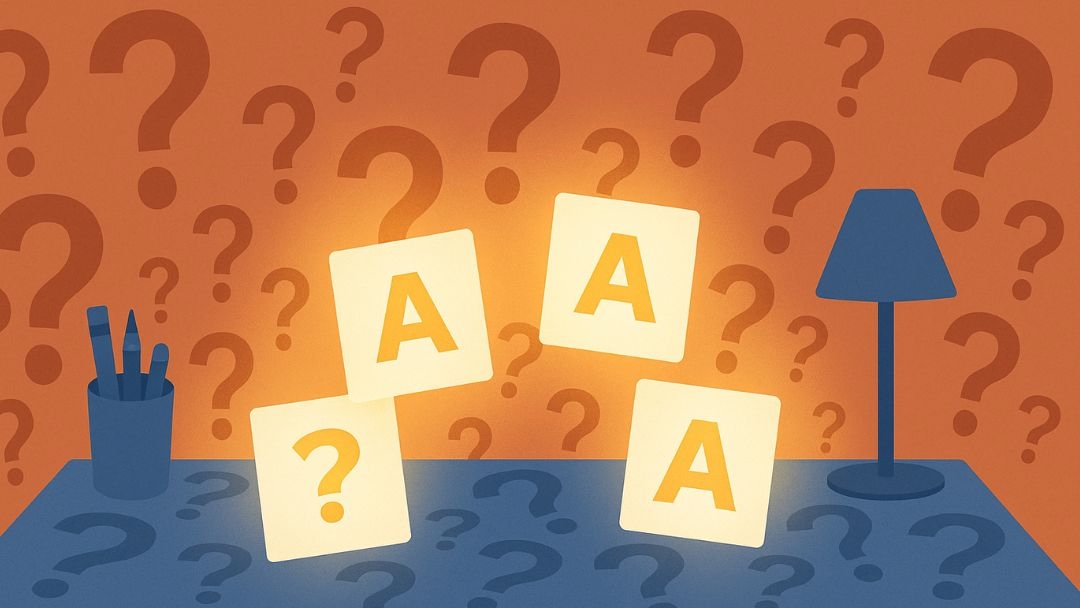
A few final thoughts before we go, some commonly asked questions about situational depression.
How long does situational depression last?
Generally, situational depression can last anywhere from several weeks to six months. The duration depends on various factors, such as the severity and type of stressor, how well you manage your condition, and how actively you seek treatment.
What is the difference between situational depression and anxiety?
Situational depression is a type of clinical depression that appears in response to a stressful situation, such as the death of a loved one or major life changes. Anxiety, on the other hand, is a feeling of fear or unease that can be caused by physical and mental health conditions. Depression and anxiety can co-exist.
How can you tell situational depression from clinical depression?
While situational and clinical depression shares similar symptoms, they differ in several aspects. A specific stressor triggers situational depression and is not permanent, whereas clinical depression is more severe and long-lasting. Situational depression is considered an adjustment disorder, whereas clinical depression is considered a major depressive disorder.
Is situational depression a thing to be concerned about?
Yes, situational depression is something to be aware of. It can significantly impact your life, and seeking treatment is essential if you begin experiencing symptoms that point out it. Professional help and self-care strategies can make all the difference in managing situational depression.


Return to Blog




